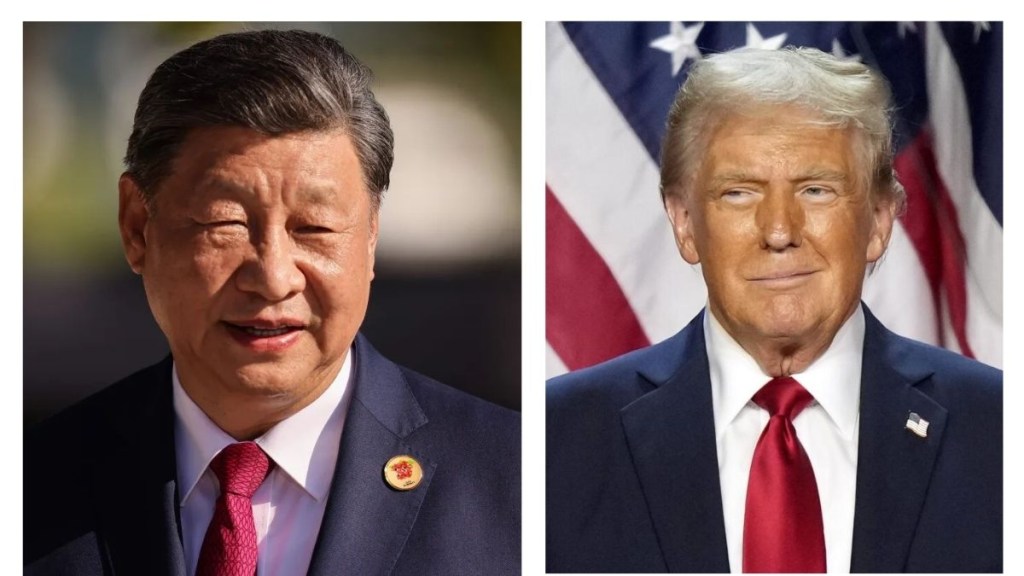Factory workers in China are protesting over unpaid wages, as the country’s industrial sector is impacted from massive US tariffs imposed by President Trump. The unrest mounts pressure on China’s economy, with workers taking to the streets over delayed payments, layoffs, and sudden factory closures.
The protests come amid escalating trade tensions between the U.S. and China. In April, the Trump administration imposed a 145% tariff on Chinese imports, a move that has significantly disrupted manufacturing and exports. According to an analysis by Goldman Sachs, up to 16 million jobs across multiple sectors in China are now at risk.
Surge in protests in China
Earlier this week, more than a dozen migrant workers in Tuanjie village, part of Xi’an prefecture in the northwestern Shaanxi province, gathered at a local project office to demand wages they have not received since February 2025. In another incident, construction workers in the northeastern city of Tongliao threatened to jump off buildings if their overdue salaries were not paid. Similar scenes of unrest have emerged in other provinces as well, reported by Radio Free Asia.
Trump Tariffs impact on Chinese Economy
China’s economic indicators also reflect the strain. Factory activity in April recorded its sharpest contraction in 16 months, while new export orders dropped to their lowest level since the pandemic began three years ago. Industry sources told the Financial Times that many factory owners and suppliers have been advised to halt or delay shipments due to reduced demand from the U.S., deepening the economic uncertainty. Despite Beijing’s decision to impose retaliatory tariffs—some as high as 125%—on American goods, analysts believe Trump still holds considerable leverage. The U.S. president recently claimed that China’s economy is “suffering greatly” due to the tariffs. He said Chinese vessels are “turning around in the Pacific Ocean” and asserted that Beijing is seeking to resume trade talks to end the standoff. Meanwhile, Chinese President Xi Jinping has increased their diplomatic outreach to neighbouring Southeast Asian nations, including Vietnam, Cambodia, and Malaysia in the recent times.

